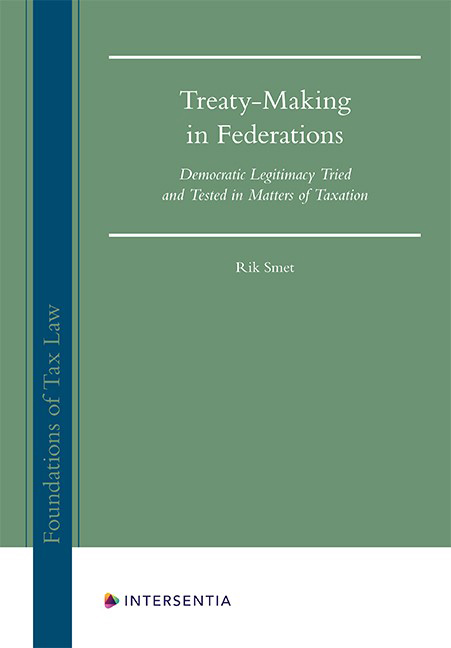Chapter 3 - Theoretical Framework: Philosophical Underpinnings between Habermas, Dworkin and Rosanvallon
Published online by Cambridge University Press: 22 February 2022
Summary
WHY HABERMAS, DWORKIN AND ROSANVALLON?
This book must also assess the level of democratic legitimacy of treaties in general, and as the example of choice, DTCs in particular. Whereas legality refers to what the law is, legitimacy refers to an abstract quality of that law, the assessment of which requires not a legal but a theoretical framework. That is what is established in this chapter. So how and why are the works of Jürgen Habermas, Ronald Dworkin and Pierre Rosanvallon relevant in this regard?
The reason for this trichotomy lies in the fact that there are three different dimensions to the legitimacy question, in particular for bilateral treaties. Indeed, over a treaty's lifespan there are several ‘active’ moments, where explicit actions are taken. These include its conclusion, amendment or termination and are also referred to as ‘pivotal’ moments. There are, however, also periods where no actions are taken, but the treaty merely endures. Habermas and Dworkin come into view when the legitimacy question is assessed at those pivotal moments where the treaty partners actively ‘make’ international tax law. This ‘making’ of international (tax) law by concluding bilateral treaties requires two sides, i.e. the federation itself and its treaty partner(s). The federation's side of the legitimacy question is approached from a Habermasian perspective, whereas the treaty partner's side thereof is approached from a Dworkinian angle. Rosanvallon then provides the insights to assess the legitimacy of treaties in between those pivotal moments. This third dimension of the legitimacy question focusses on the treaty content and not on the parties that have concluded it.
First of all, one indeed has to assess the legitimacy question from the federation's point of view, particularly at those pivotal moments. Which requirements should be met for the internal division of competences and the allocation of treaty-making competence (and power) to be considered legitimate? Habermas provides answers to this question.
Second, if the federation's allocation of treaty-making competence can be considered legitimate, this will only offer the federation and/or its component states the still hypothetical possibility of entering into legitimately concluded treaties.
- Type
- Chapter
- Information
- Treaty-Making in FederationsDemocratic Legitimacy Tried and Tested in Matters of Taxation, pp. 113 - 172Publisher: IntersentiaPrint publication year: 2021

